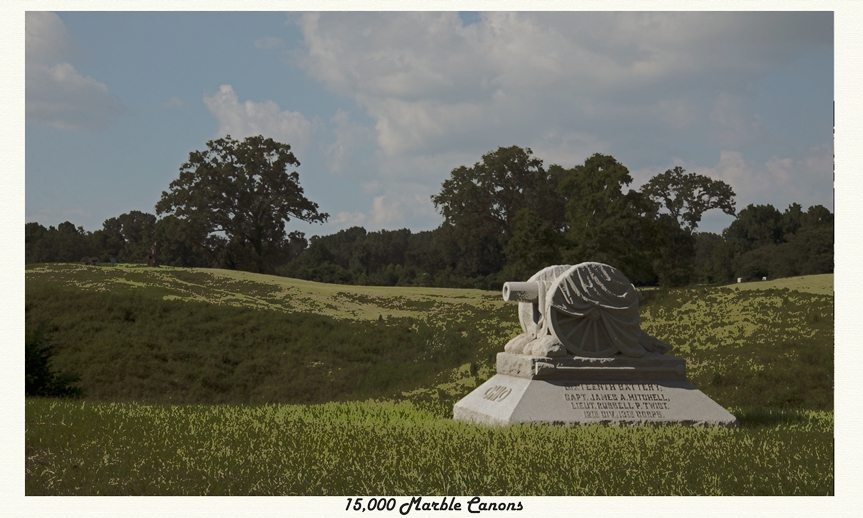
On my way to Andre Techine’s Being Seventeen, I stopped by Patisserie Claude for savory take-out and felt nicely sated as I found my seat in the theater, but the film stoked other appetites. (We cannot live by quiche alone, not even Claude’s.) Techine’s french lessons sky beyond “grub-first, then ethics” materialism. His scenarios feed your head and your heart, tuning every organ to desire’s pitch. I sensed Being Seventeen would be one of Techine’s full body-and-soul workouts early on when Thomas (Corentin Fila)—lovesome, bi-racial bully-boy (who’ll end up taking it like a man once he beats his fear of being gay) humps it up the mountain, past where his adoptive parents have their farm. The snow looks freshly fallen—perhaps it’s not that frigid?—and his secret brook hasn’t frozen over yet. He strips and dives in…
